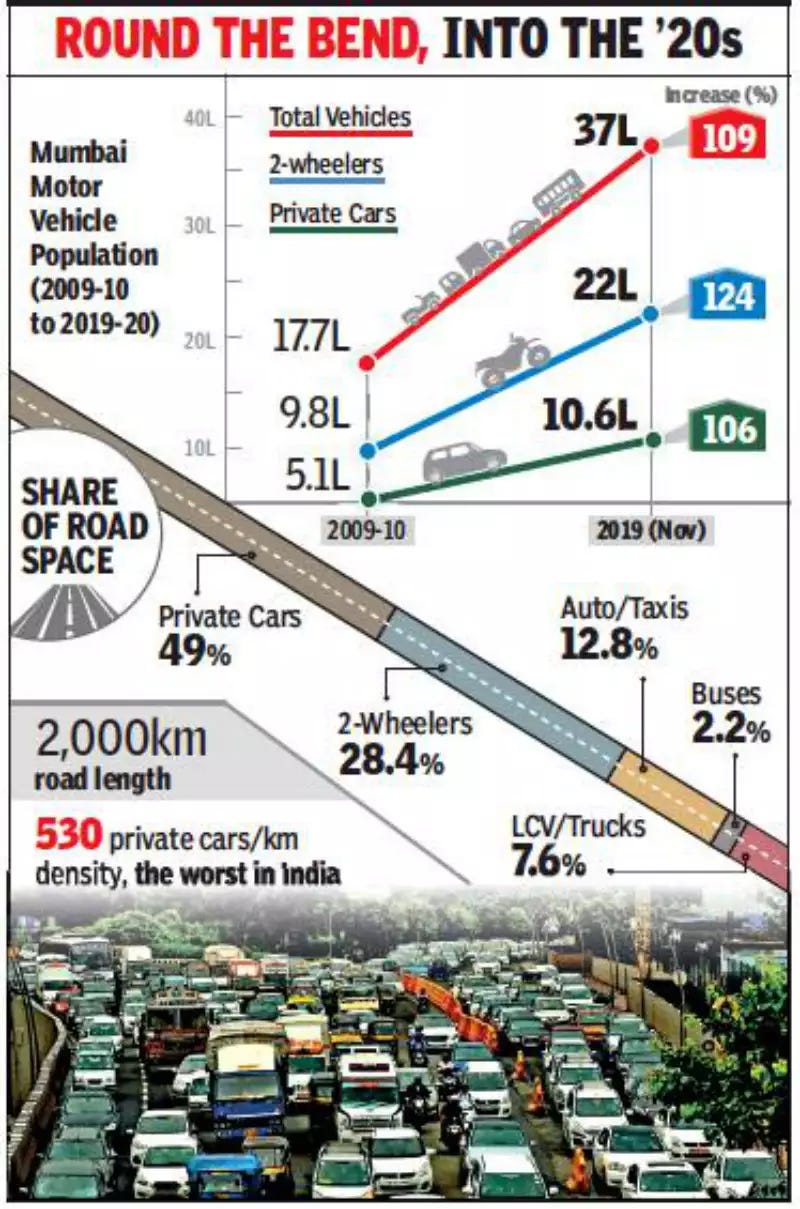Why is this interesting? - The Risk Tolerance Edition
On Zimbabwe, foreign direct investment, and weighing risk versus reward
Colin here. Africa has been the topic of a few recent editions, from rhinos in Tanzania to foreign investment from China (and increasingly Russia). Just a few weeks ago I wrote from Zimbabwe, talking about how despite a ravaged economy, there are some bright spots in terms of conservation. But I also wanted to look at the state of its actual economy and how the country might get itself out of its situation. Spoiler: the cavalry isn’t coming, but some very risk-tolerant, opportunistic investors may be.
Zimbabwe doesn’t have a good hand of cards to play. Many relationships were strained in the Mugabe era, and there isn’t a clear path out of the current instability. As Bloomberg recently reported, the country is increasingly looking to the Middle East for help:
Sanctioned by the West and spurned by China, Zimbabwe has turned to the United Arab Emirates in its latest bid to find a savior that can arrest the collapse of its economy. Zimbabwe’s government has approached the U.A.E. in hopes of selling a stake in its national oil company, according to three company and government officials familiar with the plan. It also wants companies in the U.A.E. to buy more of its gold, they said…
The numbers in Zimbabwe are indeed dire: the economy contracted by 6% last year, and inflation is running at 500%, with its currency has depreciated by more than 90% against the dollar since one year ago. There are food shortages, doctors are striking for no pay, and the average worker has seen earnings plummet to the level of not being able to buy the basic necessities of life.
Even two years after current president Emmerson Mnangagwa’s Davos announcement that “Zimbabwe is open for business,” it remains to be seen who will hop in to invest.
Why is this interesting?
The country is not without compelling elements to other nations: Zimbabwe has minerals, with the world's third-biggest platinum-group-metal reserves, and a strong transport infrastructure necessary to move them where they need to go.
China, who has invested deeply with a long-term view into many other African countries, is largely staying on the sidelines, only pledging, “further infrastructural projects” following a visit by Wang Yi, the Chinese foreign minister in January. Russia has done limited platinum mine deals but is likely wary about the ownership agreements, notably having the Zimbabwean military on the cap table.
Despite some sniffing around for an opportunity, there’s a lot of PR fanfare from the current presidency with deal announcements that don’t exactly pass muster when you double click. There have been a few Trump-ian examples of not letting the truth get in the way of a good story when it comes to foreign direct investment. One example is from November 2018, when President Mnangagwa told reporters that Invictus Energy Ltd. had found oil and gas deposits. The next day, Invictus said it hadn’t.
With all that said, one benefit to UAE is obvious: an African market thirsty for oil and gas. The lack of fuel has been a nightmare since October 2018. According to the Zimbabwe Independent, “close to 90% of Zimbabwe’s fuel is imported via the Feruka pipeline from Beira to Harare, while 10% is imported via road.”
There’s the need for stable and reliable energy supply, something the UAE has plenty of. According to the Bloomberg piece, “Zimbabwe is prone to frequent shortages of motor fuel and sees a relationship with the U.A.E., possibly through the Abu Dhabi National Oil Company, as a way of securing supply, one of the people said. The southern African nation consumes 1.4 million liters of gasoline and 2.5 million liters of diesel daily, according to the Zimbabwe Energy Regulatory Authority.”
Another, perhaps bigger reason may just be an appetite for risk and good old fashioned opportunism: being the first friend to make bilateral ties when the chips are down can put you in the catbird seat. Just look at the $20 billion aid deal Imran Khan cut for Pakistan when no one wanted to be a friend of MBS during the Khashoggi murder.
The UAE has already made diplomatic overtures in terms of $2 million in donations of medical equipment, a solar deal, and, if further privatization of Zimbabwe’s economy happens, the UAE could be positioned favorably. It is long-game thinking. But they might be the only ones with this luxury, as few companies with a “rational level of risk appetite” will invest in the country in its current state, Jee-A van der Linde, an economist at NKC African Economics, told Bloomberg. (CJN)
Chart of the Day:
Not the prettiest chart in the world, but the growth in cars in Mumbai over the last ten years is pretty crazy. (NRB)

Quick Links:
Why Ethiopia sailed while Zimbabwe sank (CJN)
How does Advil work? (CJN)
This New York Times profile of the “Pickle Queen” of India was delightful. (NRB)
Thanks for reading,
Noah (NRB) & Colin (CJN)
Why is this interesting? is a daily email from Noah Brier & Colin Nagy (and friends!) about interesting things. If you’ve enjoyed this edition, please consider forwarding it to a friend. If you’re reading it for the first time, consider subscribing (it’s free!).


